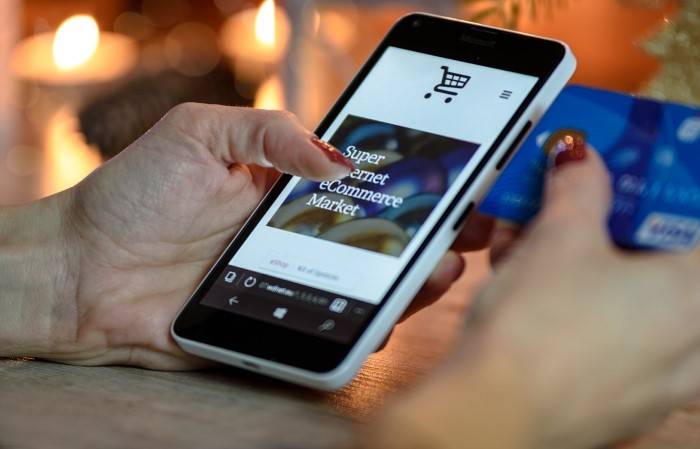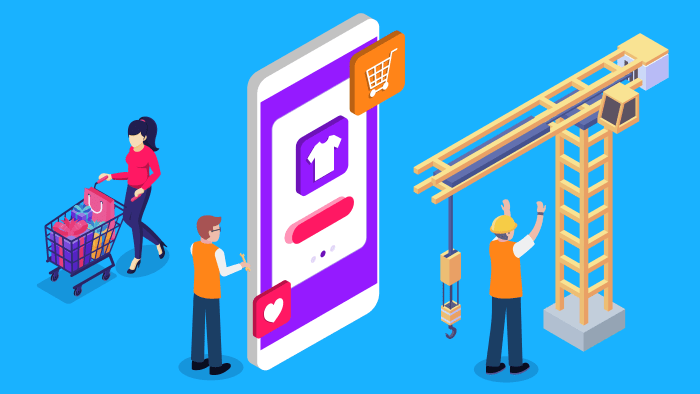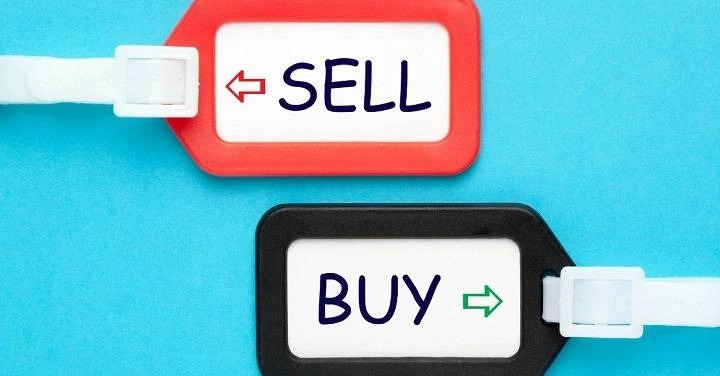In today’s digital age, mobile applications have become an integral part of our lives. From productivity tools to entertainment apps, there seems to be an app for everything. But did you know that you can also buy and sell apps for profit? Whether you’re an aspiring entrepreneur looking to invest in the booming app market or a developer wanting to cash in on your creations, buying and selling apps can be a lucrative venture. In this comprehensive guide, we’ll explore everything you need to know about navigating the app marketplace to maximize your returns.
Understanding the App Marketplace

Before diving into the world of buying and selling apps, it’s essential to understand the dynamics of the app marketplace. With millions of apps available across various platforms like the Apple App Store, Google Play Store, and others, the competition is fierce. However, this also means that there’s a vast opportunity for those willing to invest time and resources into app development and acquisition.
The Growth of the App Economy:
- The app economy has witnessed exponential growth in recent years, with billions of dollars being generated annually.
- Smartphone adoption, coupled with increasing internet penetration, has fueled the demand for mobile apps across the globe.
- The COVID-19 pandemic further accelerated the shift towards digital solutions, leading to a surge in app downloads and usage.
Types of Apps:
- Productivity Apps: Apps designed to enhance efficiency and organization, such as task managers, note-taking apps, and calendar tools.
- Entertainment Apps: From gaming apps to streaming platforms, entertainment apps cater to users’ recreational needs.
- Utility Apps: These include tools like weather apps, calculators, and translators, providing practical solutions to everyday tasks.
- Social Networking Apps: Platforms for connecting and interacting with others, such as social media apps and messaging services.
Monetization Models:
- In-App Purchases: Offering additional features or content for a fee within the app.
- Subscriptions: Providing access to premium content or services on a recurring basis.
- Advertising: Displaying ads within the app and generating revenue based on impressions or clicks.
- Freemium Model: Offering basic features for free while charging for advanced functionalities or upgrades.
Buying Apps: Strategies for Success

Now that we have a basic understanding of the app marketplace, let’s delve into the strategies for buying apps effectively. Whether you’re acquiring existing apps from developers or purchasing app businesses outright, here are some tips to consider:
Conduct Thorough Research:
- Analyze market trends and identify lucrative niches with high demand and low competition.
- Study the performance of existing apps in your target category, including user ratings, download statistics, and revenue metrics.
- Evaluate the potential for future growth and scalability based on factors like market saturation and technological advancements.
Due Diligence:
- Scrutinize the app’s codebase, architecture, and documentation to assess its quality and scalability.
- Review the app’s user interface (UI) and user experience (UX) design to ensure it meets industry standards and provides a seamless experience for users.
- Verify the app’s compliance with legal and regulatory requirements, including copyrights, trademarks, and privacy policies.
Negotiate Wisely:
- Determine a fair valuation for the app based on its revenue, user base, growth prospects, and market comparables.
- Negotiate favorable terms and conditions, including purchase price, payment structure, and transition assistance from the seller.
- Consider hiring a legal advisor or business broker specializing in app acquisitions to facilitate the negotiation process and mitigate risks.
Selling Apps
Maximizing Your Returns: If you’re looking to sell your existing apps or app business, optimizing your sales strategy is crucial to fetching the best possible price. Here are some strategies to maximize your returns:
Improve App Performance:
- Enhance the app’s features, functionality, and performance to attract potential buyers and justify a higher valuation.
- Address any technical issues or bugs that may affect the app’s usability and reputation among users.
- Leverage user feedback and analytics data to identify areas for improvement and prioritize updates accordingly.
Build a Strong Brand and User Base:
- Invest in marketing and promotional activities to increase the app’s visibility and attract a larger user base.
- Cultivate a loyal community of users through engagement initiatives, such as social media campaigns, email newsletters, and user forums.
- Develop a recognizable brand identity and establish trustworthiness and credibility within the app’s target market.
Prepare Comprehensive Documentation:
- Compile detailed documentation and assets related to the app, including source code, design files, user manuals, and marketing materials.
- Provide transparent financial records, including revenue reports, expense statements, and profit projections, to demonstrate the app’s financial viability and potential for growth.
- Highlight any unique selling points (USPs) or competitive advantages that set the app apart from competitors and make it an attractive investment opportunity.
Buying and selling apps can be a lucrative venture for savvy entrepreneurs and developers alike. By understanding the dynamics of the app marketplace, conducting thorough research, and implementing effective strategies, you can maximize your chances of success and profitability in this rapidly evolving industry. Whether you’re looking to invest in promising app startups or cash out on your existing app portfolio, the key to success lies in staying informed, strategic, and adaptable in your approach. So, seize the opportunities available in the app market and embark on your journey towards financial prosperity and entrepreneurial success.


